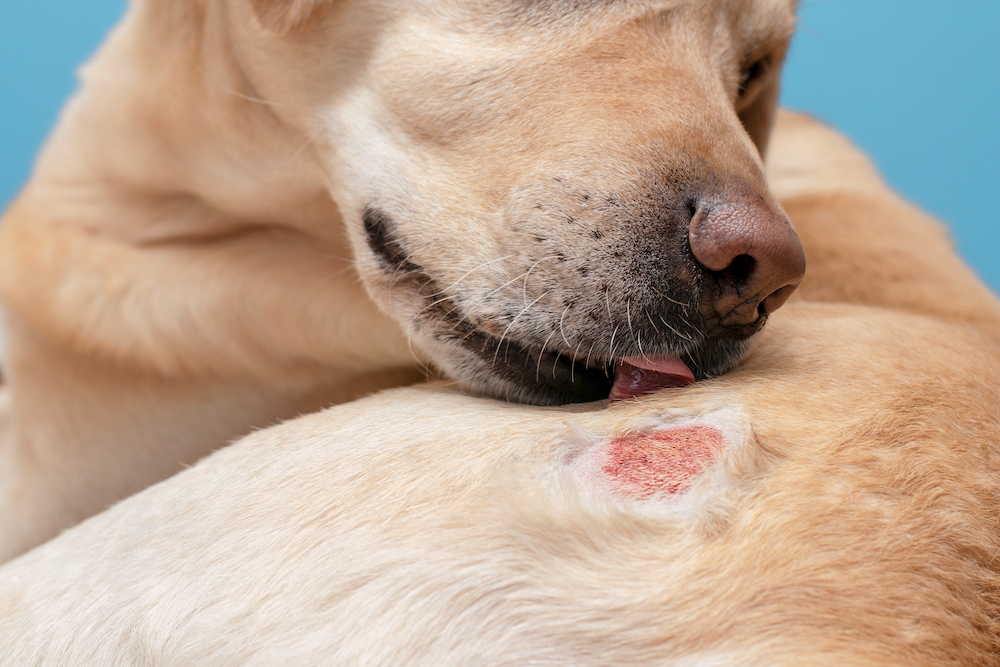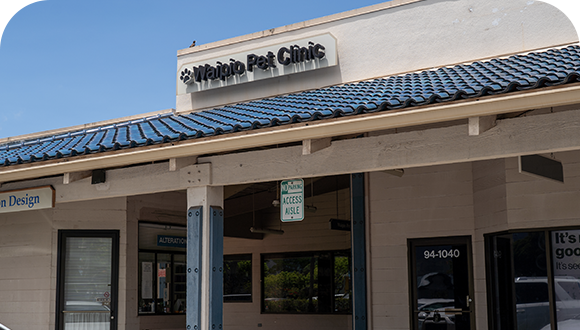
Most pets experience skin conditions at some point in their lives. These may be due to various factors, ranging from infections to allergic reactions. While some issues resolve without treatment, others require vet care. The underlying cause will determine the best treatment. It helps to learn about common pet skin conditions that require a veterinary dermatologist’s expertise.
Common Pet Skin Conditions
Skin irritations can be mild or severe, depending on the cause. Most pets experience skin issues, mainly due to environmental factors. Reactions to foods and other products can cause skin problems. They can make the skin itchy, sore, and uncomfortable.
Most cases are mild and may not require medical attention. Sometimes, the condition may be due to an underlying health problem. The condition may be a symptom of an illness that requires urgent medical treatment.
Symptoms of Pet Skin Conditions
Several signs can indicate your pet has a skin problem. They include:
Lumps or bumps on the skin
Dry or flaking skin
Excessive licking or scratching
Sores or red, irritated skin
Excessive chewing or biting of the skin
Loss of fur
Scooting
Constant face rubbing
If your pet has sores or is bleeding from bites or scratches, visit the vet as soon as possible. Skin lesions can lead to infections.
Causes of Pet Skin Problems
Substances in the environment can lead to skin conditions. Chemicals in various household products can cause allergic reactions that cause skin problems. Common causes include:
Food sensitivities and allergies
Environmental allergies
Hives or skin allergies
Bacterial infections
Parasitic bites
Ear mites
Taking the pet for diagnosis and early treatment can prevent the development of complications or severe skin conditions.
When to Visit a Veterinary Dermatologist
Skin conditions can be distressing and uncomfortable for pets. If your pet has been scratching or biting continuously, causing bleeding, it is time to visit a veterinary dermatologist. Excessive licking or scratching can lead to lesions or open sores that can become infected.
If your pet has red, irritated skin patches or experiences rapid loss of fur, schedule an appointment with the vet. Prompt treatment can prevent serious health issues.
Prevent the Development of Skin Conditions
There are preventative measures that can help your pet avoid the development of skin issues. Changing your pet’s grooming products or diet can reduce irritations and ensure healthy skin. If your pet has been diagnosed with a health condition, the vet can recommend measures to prevent skin problems.
Making changes in your pet’s grooming and using parasite prevention can help. The vet can offer tips to prevent the recurrence of skin issues after treatment. Sometimes, creating a quieter environment can help a pet with skin issues due to anxiety.
Pet dermatology issues are not always painful, but they can be extremely uncomfortable. But when the skin conditions cause nonstop scratching, bleeding, or sores, they can be painful. A physical exam is essential to determining the cause of the skin condition. The vet may recommend several tests to diagnose the issue. Skin cytology, or a skin scrape, may be necessary to look for skin parasites.
For more information on common pet skin conditions that require a veterinary dermatologist’s expertise, visit Pet Hospitals of Hawaii at our Waipahu, Hawaii, office. Call (808) 671-7387 (PETS) to schedule an appointment today.


















